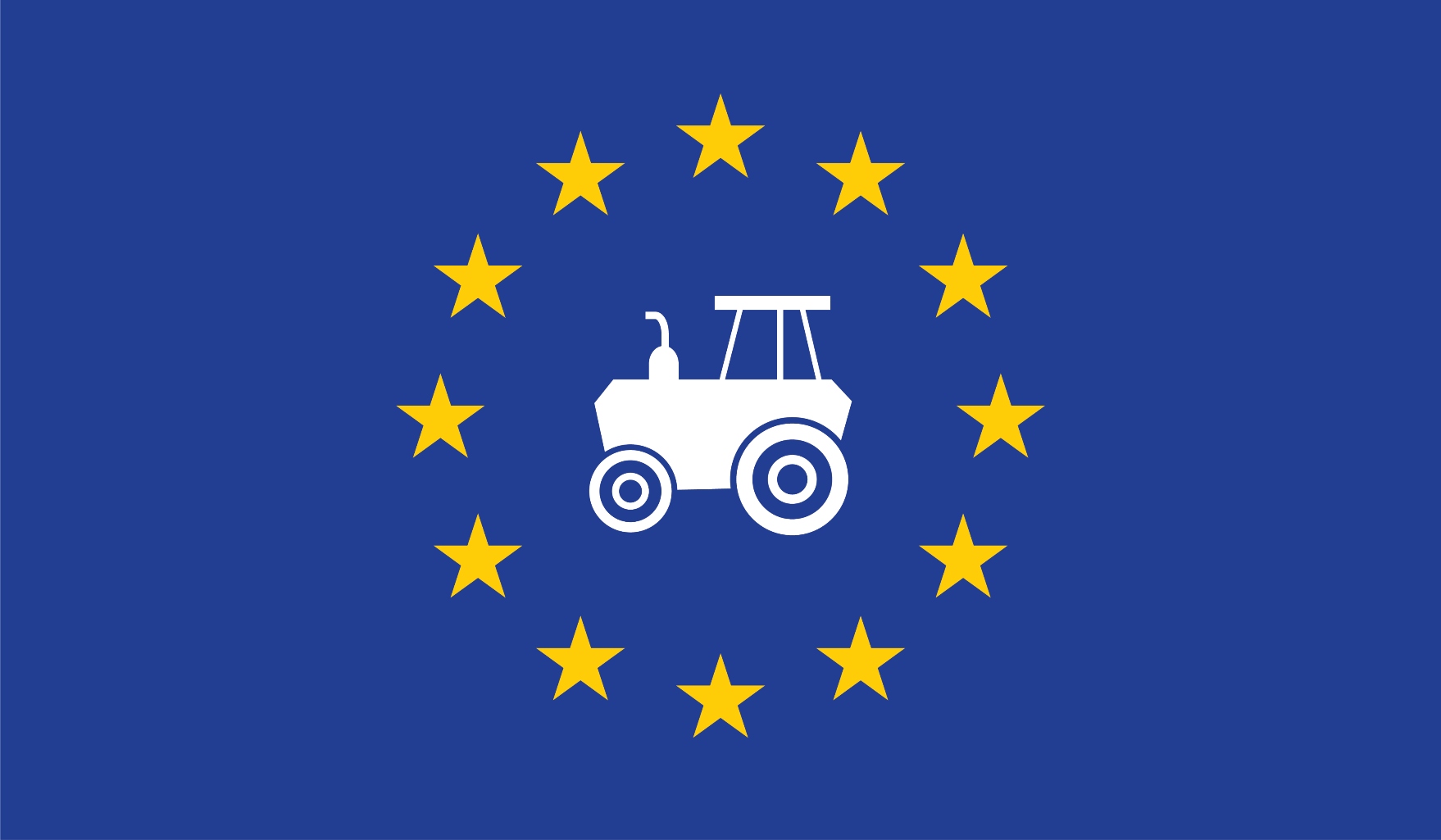The wisdom of the Catholic Church does not belong to intellectuals, university professors, engineers or philosophers. It is the science of life, of lived experience, of tradition, of the weight of years, of mistakes, rectifications and happy discoveries.
The wisdom of the Catholic Church, for Christians, is the omniscience of God, but even for those who do not practise the faith, it is an unfathomable treasure of knowledge.
In the middle of the month of August, when the whole of Europe unfolds in hot summers, it places the feast of the Assumption of the Virgin Mary.
The Catholic Church has been celebrating this feast in honour of Mary in the East since the 6th century and in Rome since the 7th century. The feast is celebrated on 15 August. This feast was established when Europe was still an agrarian society. On 15 August most of the wheat harvest had already been harvested and the fields were resting in anticipation of the autumn sowings. Nor had the grapes been harvested in most of Europe. And what to speak of the olive tree, which remained in the sun, waiting for the first rains of autumn to swell and bear good fruit.
The families were together, in the houses, enjoying perhaps the few days of the year when they could get some rest; a long day of sun and good weather. On 15 August, Easter was already far away and the resolutions of a holy life and the hope for the future life had perhaps already been torn from the souls of many faithful Christians. Also far away was the feast of Christmas, so dear and dear, when Christianity celebrated the birth of the Saviour, who called again for joy, hope and the desire for holiness.
And in the middle of the year, the Church proposes to celebrate, once again, the triumph over death. Believing in the future life is not easy, but it is all the easier if we are given the example of someone who has achieved it. That Jesus Christ, Son of God, should rise from the dead, if I may say so, has no merit. He is God. Omnipotent. If he created everything, he can destroy everything. If he created life, he can bring himself back from the dead. But if someone who is not God, but human, completely and exclusively human, as is the Virgin Mary, is taken to Heaven, it is a great consolation. Especially when you work from sunrise to sunset for bread to put in your mouth.
The 15th of August is a feast day for the whole of Christendom. It is the feast of Europe. Europe is no longer an agrarian society but hundreds of villages dress up in mid-summer to celebrate, once again, the triumph over death. Now the popular festivals are filled with tourists, curious onlookers, many of them totally oblivious to the meaning of the religious festival, which used to be a festival of civilisation. The Church was wise and made this great day coincide with the rest of millions of farmers, whether or not they were satisfied with their harvests. If they had been good, they thanked God; if not, they prayed to heaven for good rains, snow in due season, no frost.
Our lives no longer depend on the rhythms of the sun; and we are entitled to annual leave, weekly rest, and perhaps seven or eight hours a day. If the work is excessively hard or dangerous, there are wage supplements. But there are none for rural people. There are none for farmers and ranchers who keep looking up at the sky every morning to see if it will rain or not.
That’s why we don’t value rain, or having hot water every day; nor do we thank God, or ask Him for many things, except when illness, pain or setback strikes. The wisdom of the Church is eternal. For this feast of the Assumption of the Virgin Mary comes to most Europeans when we are enjoying our holidays. Well-deserved or not. And with it a good time to meditate, for a few minutes, on life and death.
We are going to die. Perhaps with an Apple mobile phone in hand, with our Amazon app ready to execute that purchase order that in normal conditions we wouldn’t make and wishing to buy a Tesla just because the neighbour, or the boss, or the co-worker has one, it’s harder to think that one is going to die. But it’s true. Certus an, incertus quando; said the Latin sages.
If you know you are going to die tomorrow, you will live today differently. Decades ago, before the First World War, Europe still lived knowing that it was going to die tomorrow. And that is why it lived differently. This irrefutable truth, with all its consequences, coloured the whole of European existence. From family life to religious practice, politics and economics, culture and art.
European values, politicians repeat every day, throwing them in our faces. European value is knowing that you will die tomorrow, that there will be a trial, that you will be judged in love and that your mother, the Virgin, is in heaven waiting for you.



 Subscribe
Subscribe